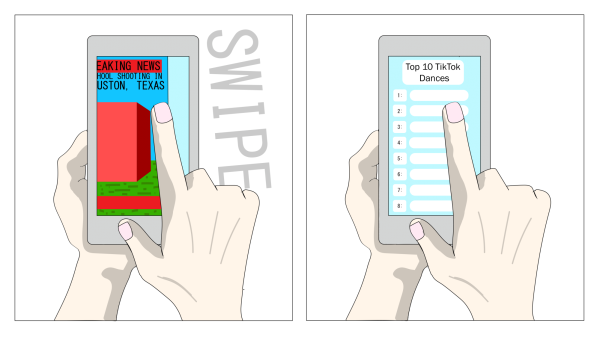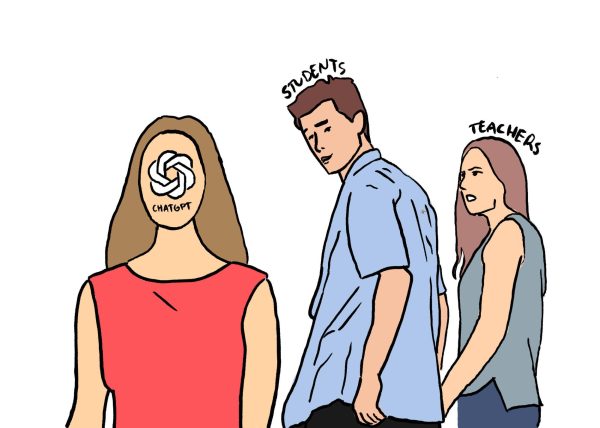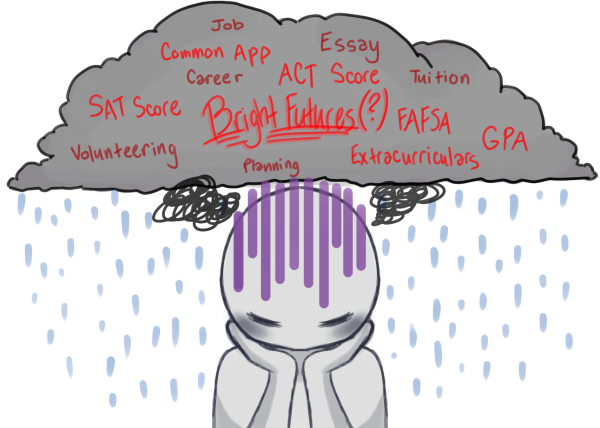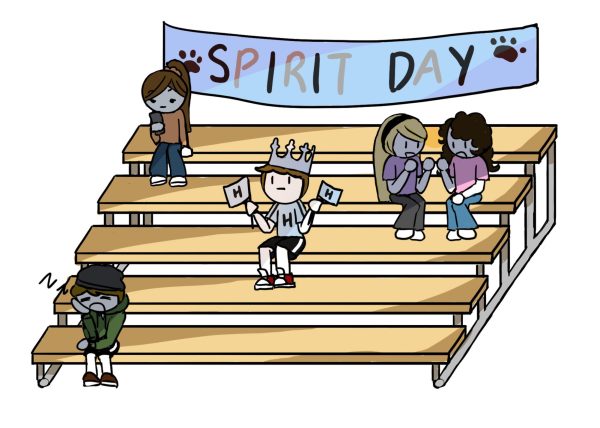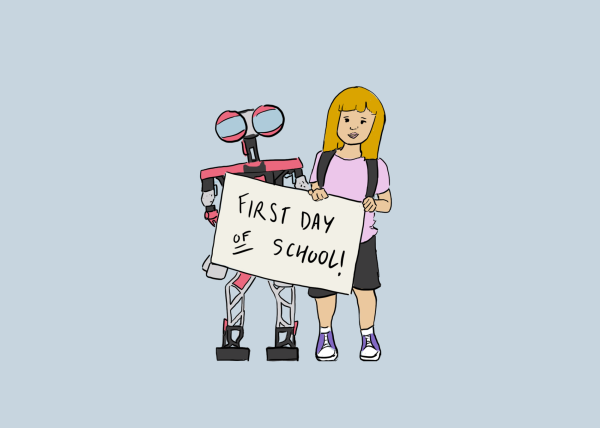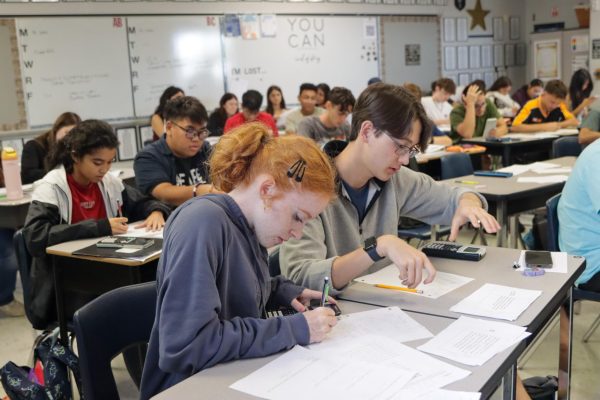Our Take: There is help for those who need it
Not only is high school a time of growth and self-discovery, but it is also a time of experimentation and for some this means experimenting with drugs and alcohol. Teenagers indulge in this world for several reasons: peer pressure, escape, self-medication, academic or performance pressure, coping with anxiety, depression and even media influences.
The availability and the use of drugs and alcohol in high school are high. By graduation, 70% of students will have tried alcohol, 50% will have taken an illegal drug, 40% will have smoked a cigarette or other nicotine device, and more than 20% will have used a prescription drug for a nonmedical purpose in high school, according to National Institute on Drug Abuse.
Teenagers and young adults are “wired” to want to try new things and to seek out adventure, with the end goal of figuring out who they are. Experiments with drugs and alcohol may fulfill this normal desire, but in a way that can have very serious long-term consequences.
Exploring with these substances at a young age can develop into a more serious problem with substance abuse as you get older. Of course, different drugs affect the brain differently, but most raise the level of the chemical dopamine in brain circuits that control reward and pleasure.
Dopamine is usually released through healthy and happy activities, such as hanging out with friends or listening to music. However, drugs can overpower the process and confuse the brain as if it is a good thing, creating a strong drive to repeat the experience.
There are more reasons, other than experimenting, why some teens may develop addictions. There are various factors, such as emotional or physical abuse and certain personality traits like being impulsive or aggressive.
Along with internal reasons, drug use at an early age is a predictor of substance abuse later. According to the National Institute on Drug Abuse, “the majority of those who have a substance use disorder started using before age 18 and developed their disorder by age 20.”
In fact, according to Addiction Center, one in five teens are already misusing drugs. That means, in a class of 30 kids, six of them are already addicted and need help.
Not only can drugs lead to a more serious and addictive problem, but they take a toll on your health and brain. Abusing substances can lead to brain abnormalities, slowed thinking, impaired learning and memory issues.
While substance abuse can be a hard addiction to break, especially if one began using at a young age, there are many programs that are willing to help both teenagers and young adults quit and recover. Along with the many hotlines that are available 24/7, there are charities raising awareness about addiction such as the Amy Winehouse Foundation, The Herron Project and Angels at Risk.
We must remember that if you or someone you know struggles with substance abuse and cannot reach any of these programs willing to help, you can always talk to a parent, teacher or guidance counselor to get help. This is not just a national problem — students here are struggling and need your support too.
Your donation will support the student journalists of Hagerty High School. We are an ad-free publication, and your contribution helps us publish six issues of the BluePrint and cover our annual website hosting costs. Thank you so much!

